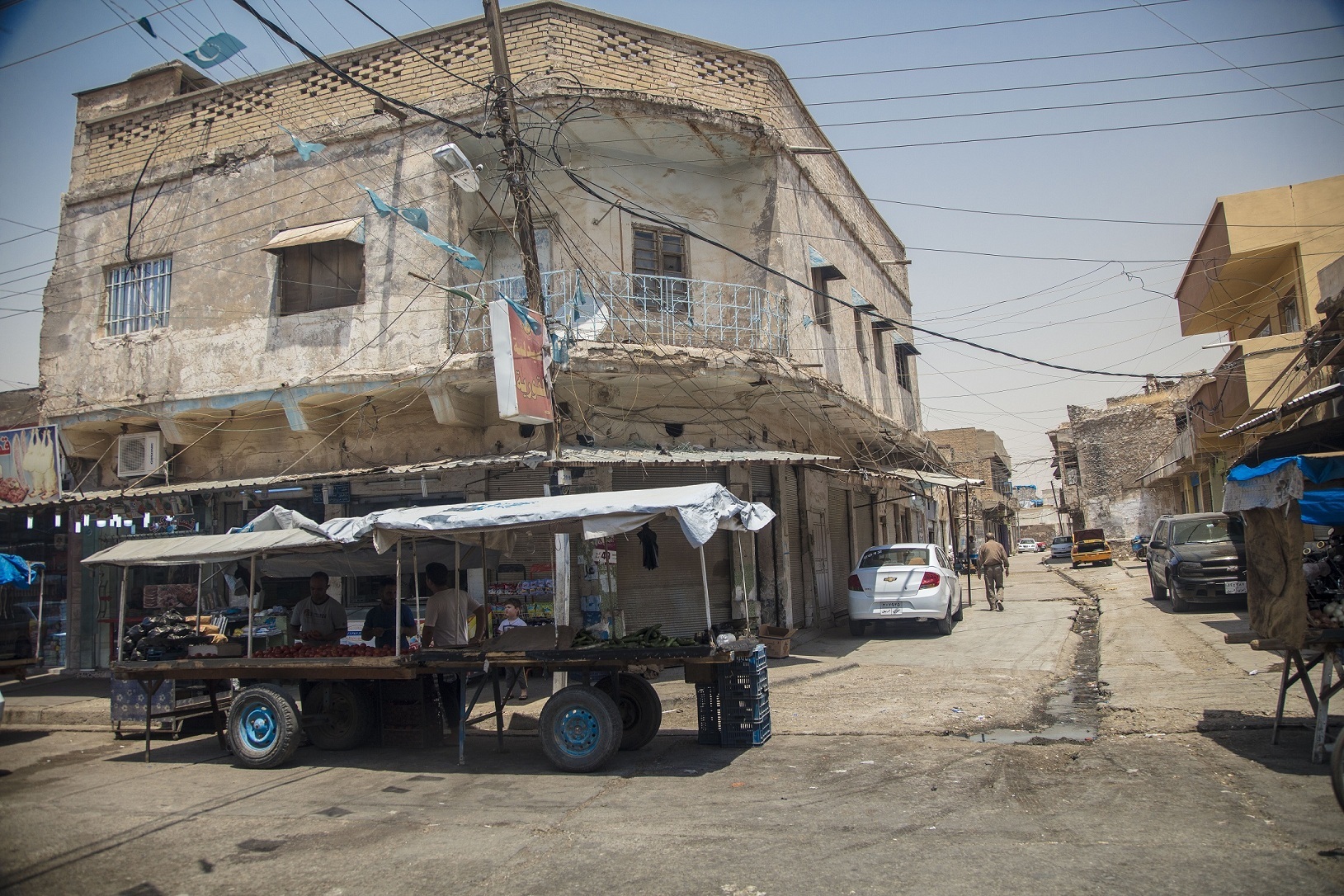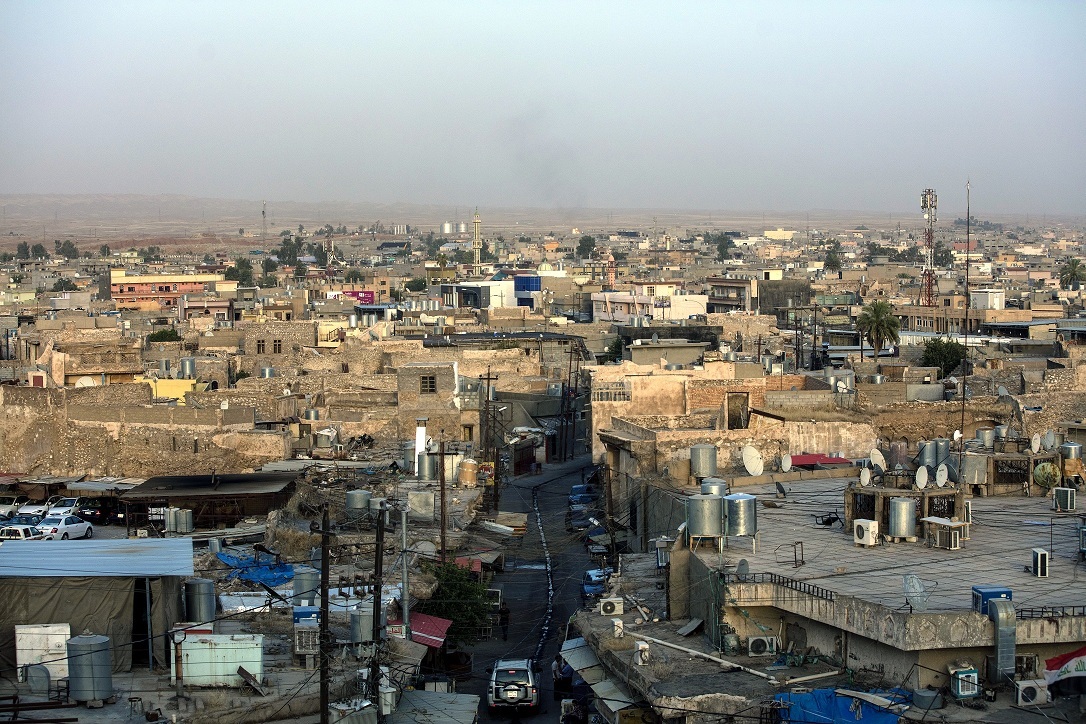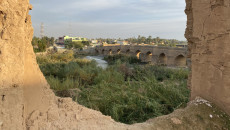The decision to register the residential units illegally built on public property does not include lands, and each person is entitled to register one housing unit under his name, but the amount that will be taken from the transgressor in exchange for registration has not yet been determined, local officials told KirkukNow.
On November 28, 2022, the Iraqi Council of Ministers decided to register all residential units built on encroached lands in all governorates of Iraq, with the exception of the Iraqi Kurdistan Region IKR, while last Wednesday, January 11, 2023, the Kirkuk Municipality announced the instructions for submitting registration applications, and citizens will be able from now on to submit their applications.
According to the instructions, the applicant must be the actual beneficiary of the land, based on the data and documents that he submits to the municipalities, and it is not permissible to register more than one housing unit per an applicant.
According to Cabinet Resolution No. 320 of 2022, the violator must submit "a request to the concerned municipality directorate within a period not exceeding 90 days from the date of issuance of this decision."
Faraydoon Adel, the director of the Kirkuk Municipality, told KirkukNow, "The decision includes only residential encroachments, and does not include lands, whether they are fenced or not, excluding temporary houses such as caravans."
"The decision does not include lands allocated for public benefit or houses built on oil pipelines or electricity lines and other projects," Adel stressed.
After 2003 and the fall of the Baath regime headed by Saddam Hussein, thousands of homes were built on state-owned lands in all governorates of Iraq, including the northern, oil-rich city of Kirkuk.
The decision does not include lands
There are more than 60,000 houses and commercial buildings built illegally in Kirkuk which comes in third place after Baghdad with over 130,000 violations, followed by Basra where 90,000 violations have been registered, according to official statistics previously obtained by KirkukNow from the Kirkuk District Council.
However, the director of the Kirkuk municipality, affirmed the number has increased in Kirkuk up to 70,000 houses.
"Any house built since December 2022 will be demolished and will not be included in the registration decision," he explained.
Following fall of Saddam regime in 2003, thousands of people expelled from Kirkuk and disputed territories have received plots of lands from the ruling parties without being officially registered or permitted by local authorities.
Kirkuk administration provided basic services to some of the blocs but later it was stopped by Iraqi government. The local authorities occasionally gave notice of evacuation to the residents whom declined to leave unless compensated.

Kirkuk, 2017: an old neighborhood in the city center of Kirkuk. Binar Sardar
How do citizens submit registration requests?
The application for registration shall be through an application form distributed by the municipality, and the applicant must write in it his quadruple name, the number of the plot of land and the name of the block or district, if any.
The form also includes the area of the house, the address and several official documents, including the city status card and the Iraqi nationality certificate (or the national card only), along with the housing card and the food ration card.
Kirkuk municipality receives applications from citizens in six sectors.
The director of the Kirkuk municipality said, "What matters is that there are 90 days ahead of us, and the trespassers can submit their requests, because after the expiration of the specified period, we will hold sessions and meetings to discuss the requests, and perhaps changes will occur in the instructions."
"There may be cases that we did not think of, so from There may be changes to the instructions, so it is necessary for everyone to submit registration requests.”
And about whether the decision to register property also includes young and single people, the director of the municipality said, "I receive this question a lot, and the answer is yes, the decision to register property also includes them."
The northern oil-rich city of Kirkuk, 238 kilometers north of Baghdad, is an ethnically mixed province for 1.7 million Kurds, Sunni and Shiite Arabs, and Turkmen. It has long been at the center of disputed territories between Baghdad and Erbil.
Kirkuk is one of the main disputed areas in addition to Diyalah and Ninewa that a three-stage process outlined in Article 140 of the Iraqi constitution in 2005, stipulating normalization, a population census and a referendum on the status of the territories, was drawn to put an end to Kurdistan region government KRG and Iraqi Federal government dispute over these areas.
Kurdish parties were ruling Kirkuk and most of the disputed territories till 2017 when Iraqi army ousted Kurdish Peshmerga, following a referendum by the KRG voted for independence of the Kurdish region in Iraq including Kirkuk.
We will see if there will be changes in instructions
With regard to unfinished houses (structures), Adel said, "Yes, the structures are counted as constructed houses and registration is included, but if there is a fenced piece of land and there is a caravan in it, it will not be registered...but perhaps the instructions will change."
Regarding the registration of farms, Adel said, "They can also submit a request for registration. We will see if there will be changes in instructions," stressing that the decision includes districts and sub-districts as well.
"The process as a whole is not an easy subject, and it requires many discussions and meetings... The important thing is that the transgressors submit registration applications. We have a discretionary committee that will determine the amount to be taken from the applicant on the basis of the area of the land, not the house," Adel concluded.






